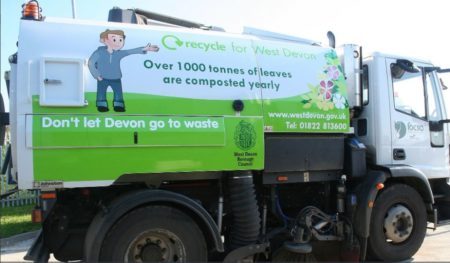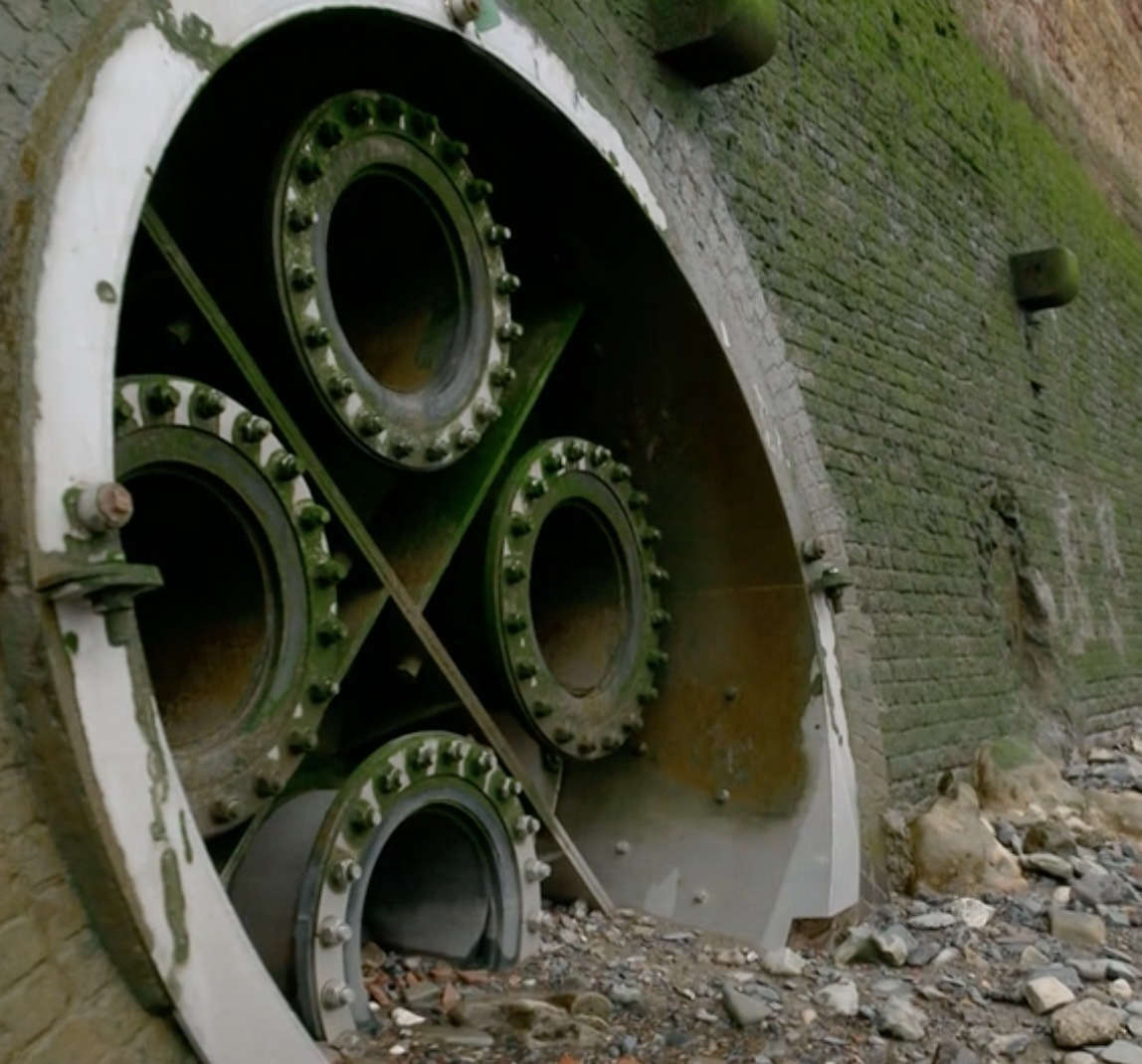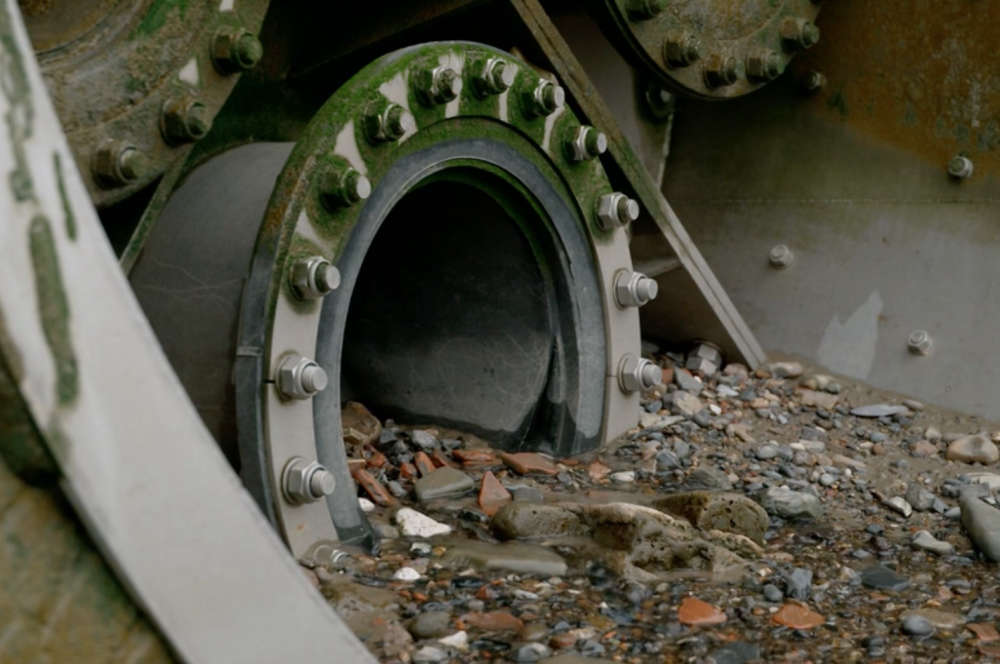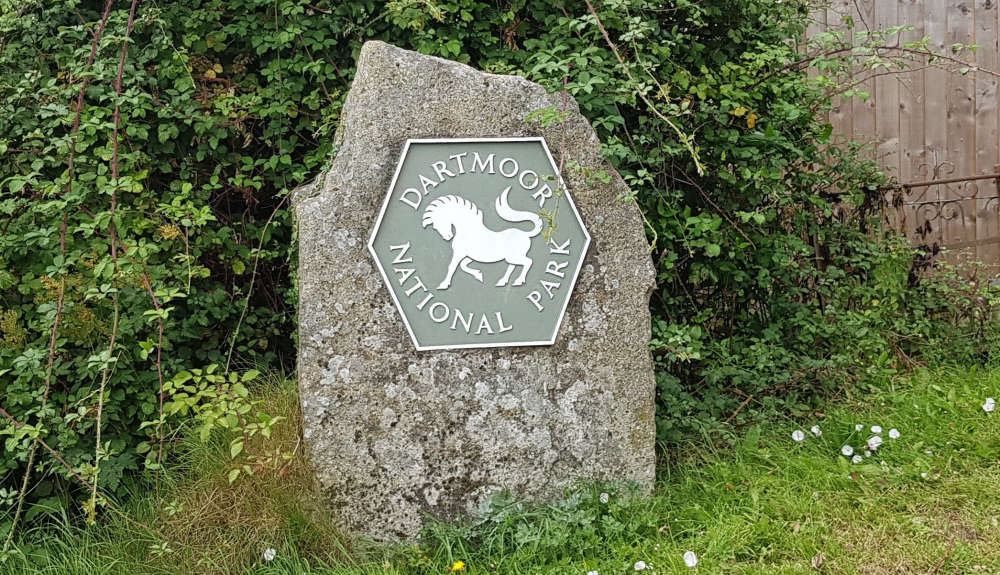
Council want to trial scheme on 1,000 homes in November to encourage more recycling.
If the trial is successful in increasing recycling rates, then the three weekly refuge collections could be rolled out to the rest of the region. Currently non-recyclable waste is collected fortnightly.
West Devon Borough Council’s hub committee will also be asked to approve the addition of plastic pots, tubs, trays and printer cartridges, cardboard drinks containers and foil to the kerbside recycling collections, to take effect from October, at next week’s meeting.
Outlining the proposals, the report of Jane Savage, commissioning manager (Waste), says: “Since 2010, West Devon’s recycling rate has declined year on year. A major service change in that year, which included a move from weekly to fortnightly black sack collections, boosted the recycling rate to 60 per cent of domestic waste and put the borough amongst the top ten recycling authorities in the country.
“In recent years the council has seen a gradual decline in its recycling rate and the recycling rate for 2017-18 was 51 per cent and continues to face budgetary pressures. Three weekly residual collections have been shown in other authorities to deliver savings and increase recycling rates.
“A small controlled trial over a long period will give sufficient data to calculate the benefits from a borough-wide scheme, whilst minimising any financial and reputation risk to the council. It will also allow time for any potential legislative changes, which may come about as a result of current waste strategy consultations, to be taken into account before any final decision is made.”
The annual net savings expected from a three weekly scheme across the whole borough is estimated at between £100,000 and £150,000 per year, the report states, adding: “Currently 16-20 local authorities operate a three or four weekly residual collection service. The majority of these have experienced an increase in recycling rates and a reduction in costs after introduction of the system.
“East Devon District Council is one example of this success as the dry recycling and food recycling rate increased by over 11 per cent after the change from a fortnightly to a three weekly residual collection.
“There is currently no evidence to suggest that littering and fly-tipping is increased when residual frequencies are reduced.”
If approved by the hub committee, the three weekly black sack collection frequency trial would be carried out from November 2019. The trial will include around 1,000 households, which is four per cent of the borough.
The recycling and food waste collections would remain weekly and the garden waste service would continue as current arrangements.
Tuesday’s committee meeting will also see councillors asked to introduce the enhanced recycling service to all households in October 2019.
Subject to container procurement, the kerbside collection would be expanded to include plastic pots, tubs and trays, printer cartridges, cardboard drinks containers and foil.
The report of Mrs Savage adds: “There is evidence to show that our residents want to recycle a greater range of recyclables on the kerbside and the specification for the current waste and cleansing contract, was designed with this in mind.”
A report will come back to the hub committee after six months detailing any environmental and financial impacts and determining the effects of a borough-wide scheme, and if successful and subsequently agreed by the council, a borough-wide roll out could take place in March/April 2021.
 Storm overflow prevention work set for Plymouth
Storm overflow prevention work set for Plymouth
 Help needed to find Exminster pensioner
Help needed to find Exminster pensioner
 City lose at home again
City lose at home again
 Calls for inclusion on Plymouth lord mayor role
Calls for inclusion on Plymouth lord mayor role
 Upgrades to Plymouth storm overflows to take place
Upgrades to Plymouth storm overflows to take place
 Dartmoor finances facing biggest cut for years
Dartmoor finances facing biggest cut for years
